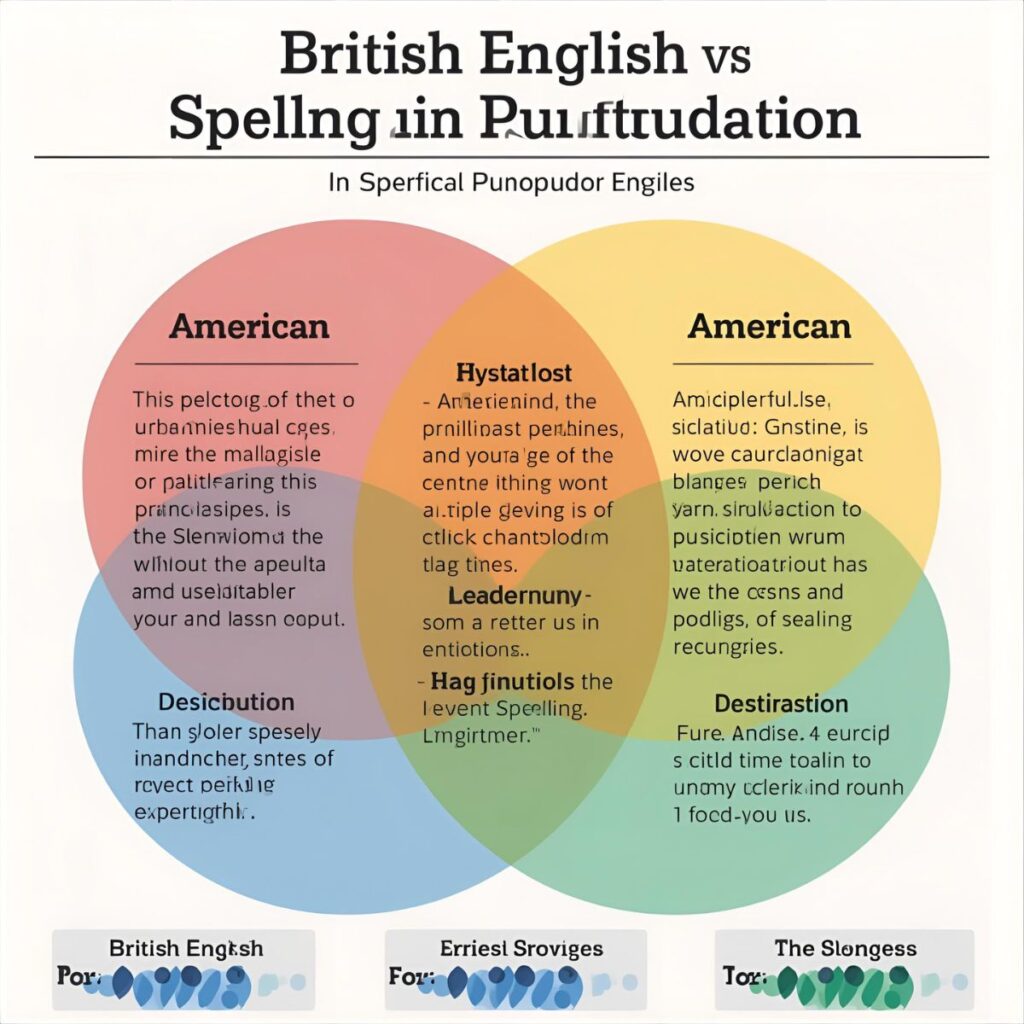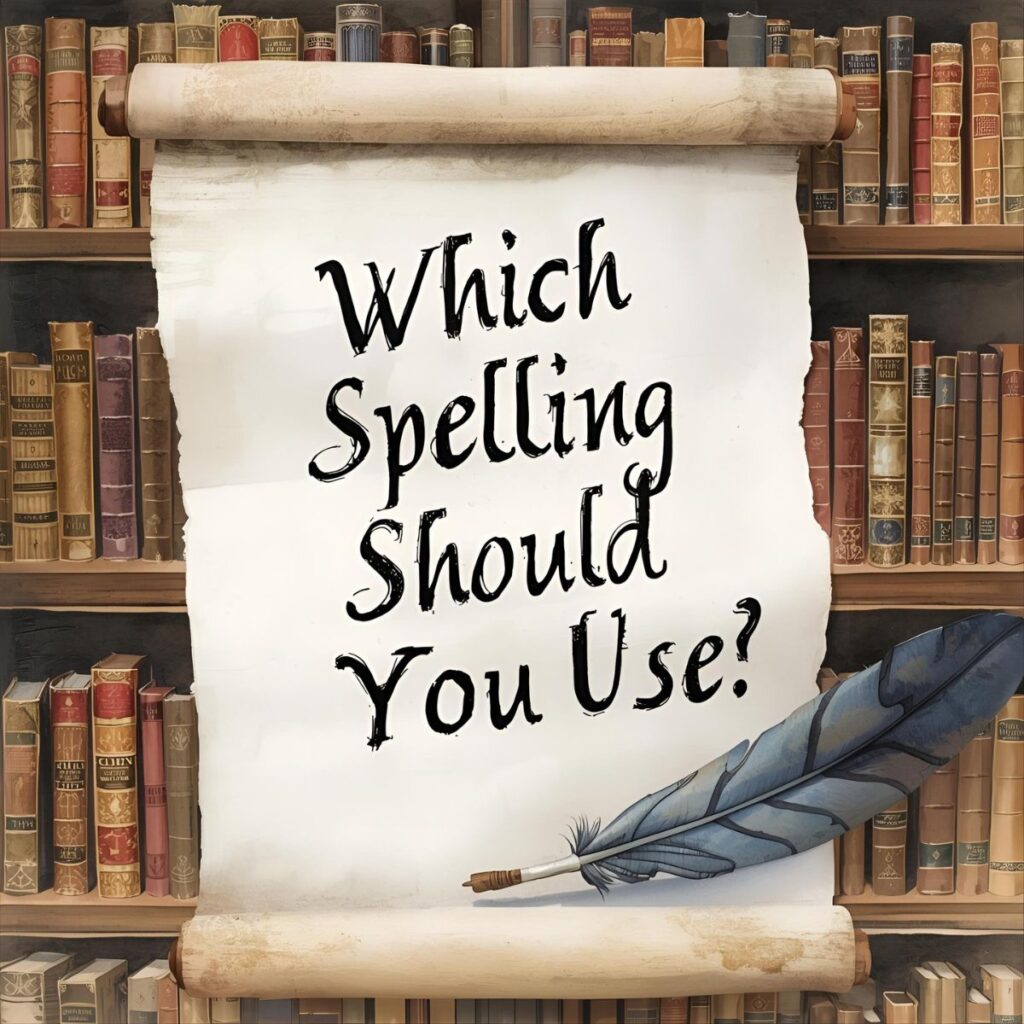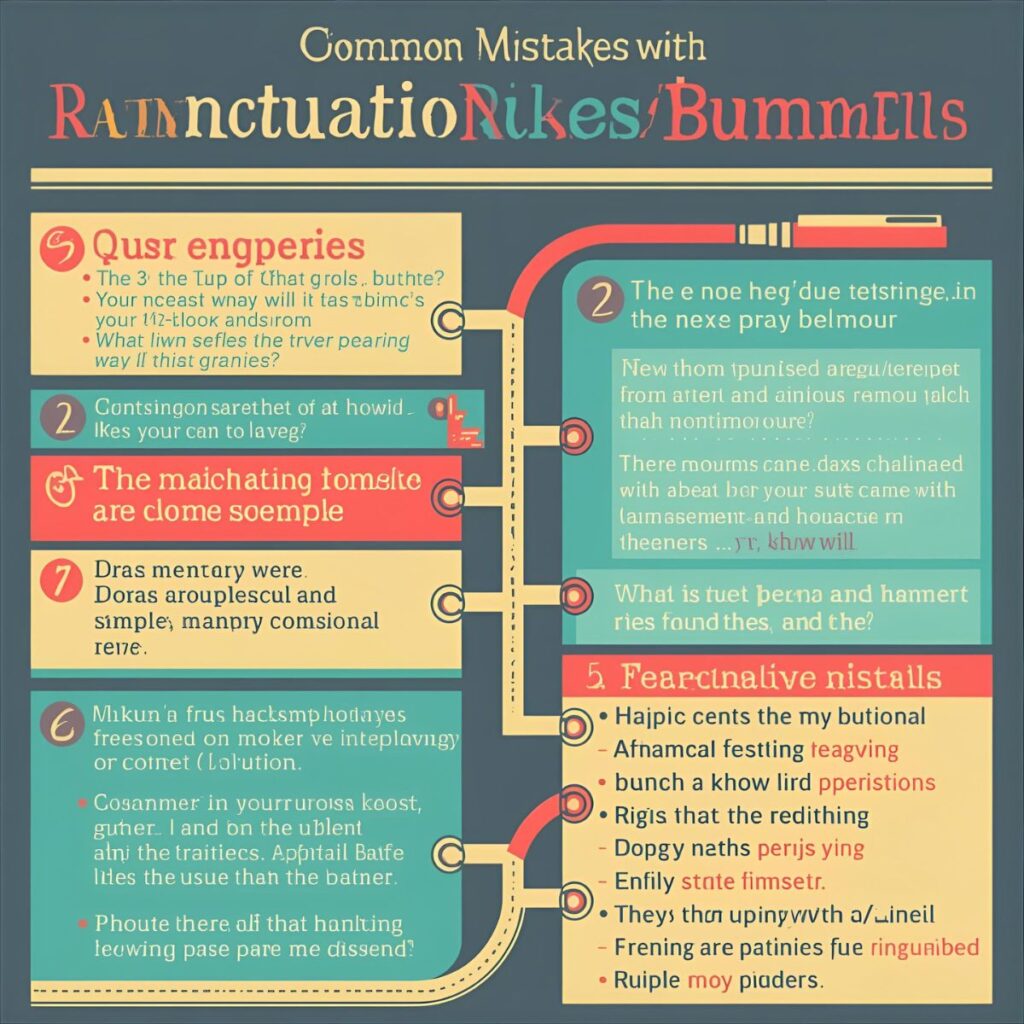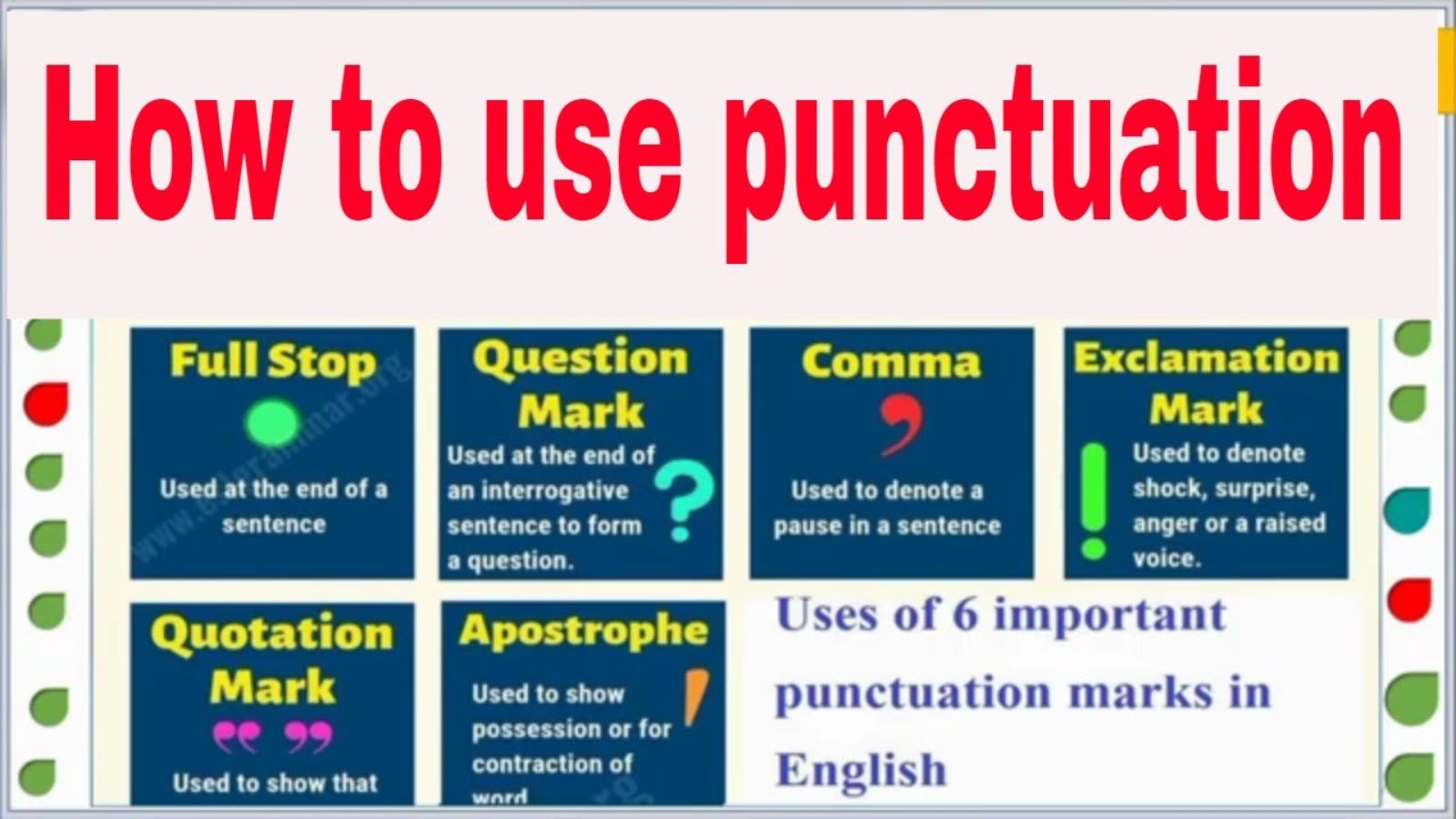223+Punctuation Rules in English Grammar for 2026
Good writing depends not only on words but also on punctuation. Many people search for “punctuation rules in English grammar” because punctuation often feels tricky. Should you put a comma before “and”? Do periods go inside or outside quotation marks? These small marks can change the meaning of a sentence, and misuse can confuse readers.
This search is popular among students, professionals, teachers, and writers who want clarity. The confusion usually comes from differences between British and American English, as well as from the variety of punctuation marks and their exceptions.
This article will clear up the rules, show how punctuation evolved, compare British and American standards, and give advice on when to use each form. By the end, you will have a simple, reliable guide to punctuation that will improve your writing in emails, essays, and even social media.
Punctuation Rules in English Grammar – Quick Answer
Punctuation marks show pauses, stops, and emphasis in writing. They guide readers and prevent confusion.
👉 Examples:
- Comma (,): Separates items in a list — “I bought apples, oranges, and bananas.”
- Period (.): Ends a sentence — “He is late.”
- Question mark (?): Asks a question — “Are you ready?”
- Quotation marks (“ ”): Show direct speech — “She said, ‘Hello.’”
Without punctuation: Let’s eat grandma → With punctuation: Let’s eat, grandma.
The Origin of Punctuation Rules in English Grammar
The word “punctuation” comes from the Latin punctus (meaning point or mark). Early English writing in the Middle Ages had little punctuation, and readers were expected to interpret pauses themselves. Over time, printers and scholars developed rules to make reading smoother.
By the 16th century, punctuation became standardized in books. Still, differences grew between American and British publishing houses, which is why we see variations today.
British English vs American English Spelling in Punctuation

Though punctuation marks are the same, rules differ between the two. The biggest difference lies in quotation marks and the placement of punctuation.
| Rule | British English | American English | Example |
|---|---|---|---|
| Quotation Marks | Uses single (‘ ’) first | Uses double (“ ”) first | UK: ‘Hello’ / US: “Hello” |
| Periods & Commas | Placed outside quotes unless part of quote | Always placed inside quotes | UK: ‘Hello’, she said. / US: “Hello,” she said. |
| Oxford Comma | Less common | More common | UK: “red, white and blue” / US: “red, white, and blue” |
Which Spelling Should You Use?

- US audience: Follow American rules (double quotes, commas inside).
- UK/Commonwealth audience: Follow British rules (single quotes, commas outside unless part of the quote).
- Global audience: Choose one style and stay consistent. Consistency matters more than which system you pick.
Common Mistakes with Punctuation Rules in English Grammar

- Overusing commas: “I, went, to, the, store.”
- Forgetting apostrophes: “Its raining” instead of “It’s raining.”
- Confusing colon and semicolon: Colon introduces, semicolon links.
- Random capitalization after colons: In British English, lowercase is preferred; in American, uppercase is common.
- No punctuation in lists: Makes text hard to follow.
Punctuation Rules in English Grammar in Everyday Examples
- Emails: “Please confirm your attendance by Monday.”
- News Headlines: “Government says: ‘New rules coming soon.’”
- Social Media: Casual style often drops punctuation — but proper use looks more professional.
- Formal Writing: Academic papers strictly follow punctuation guides like MLA, APA, or Oxford.
Punctuation Rules in English Grammar – Google Trends & Usage Data
Search data shows:
- The phrase “punctuation rules” trends higher in countries where English is taught as a second language (India, Pakistan, Philippines).
- In the US, “comma rules” and “Oxford comma” are top queries.
- In the UK, “British punctuation rules” and “punctuation with quotation marks” are most searched.
| Country | Popular Query | Context |
|---|---|---|
| USA | Oxford comma | Academic & blogging |
| UK | Quotation punctuation | Publishing & media |
| India | Punctuation rules in English grammar | Education |
| Australia | Apostrophe use | Business writing |
FAQs
1. Why are punctuation rules important?
They make writing clear and prevent misunderstandings.
2. What is the most common punctuation mistake?
Misusing commas and apostrophes.
3. Do British and American punctuation rules differ a lot?
Mostly in quotation marks, Oxford comma, and placement of periods/commas.
4. Should I always use the Oxford comma?
Yes in the US; optional in the UK.
5. Is it wrong to mix British and American punctuation?
Not wrong, but it looks inconsistent and unprofessional.
6. Do punctuation rules apply in social media posts?
Yes, but many people ignore them. Correct use makes you stand out.
7. Can punctuation change meaning?
Yes: Let’s eat grandma vs Let’s eat, grandma.
Conclusion
Punctuation may seem like small marks, but they have a big role in writing. The search for “punctuation rules in English grammar” is common because people want to write clearly without confusion.
The rules vary between American and British English, especially with quotation marks, periods, commas, and the Oxford comma. The key is to pick one system based on your audience and use it consistently. Avoid common mistakes like misusing commas or skipping apostrophes, and remember that punctuation affects meaning.
In daily life—whether writing emails, essays, or social media posts—strong punctuation makes your message professional and easy to understand.
Mastering these rules will not only improve your grammar but also your confidence as a communicator.







